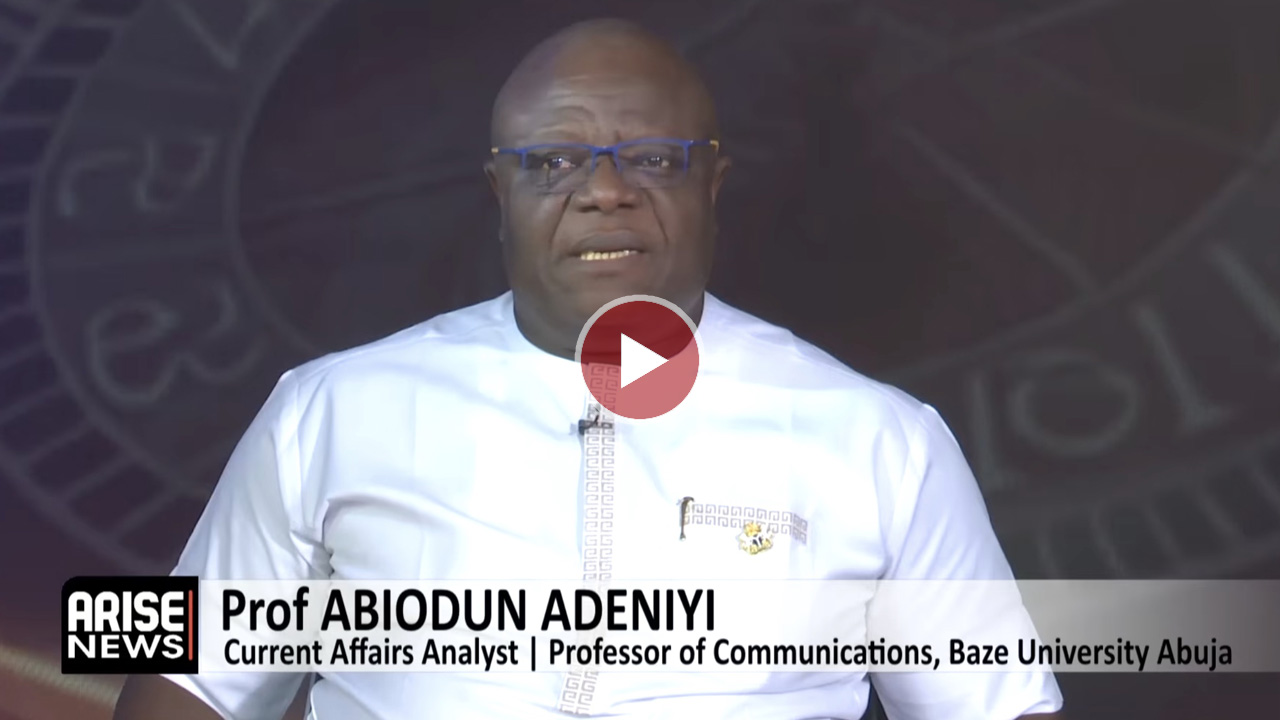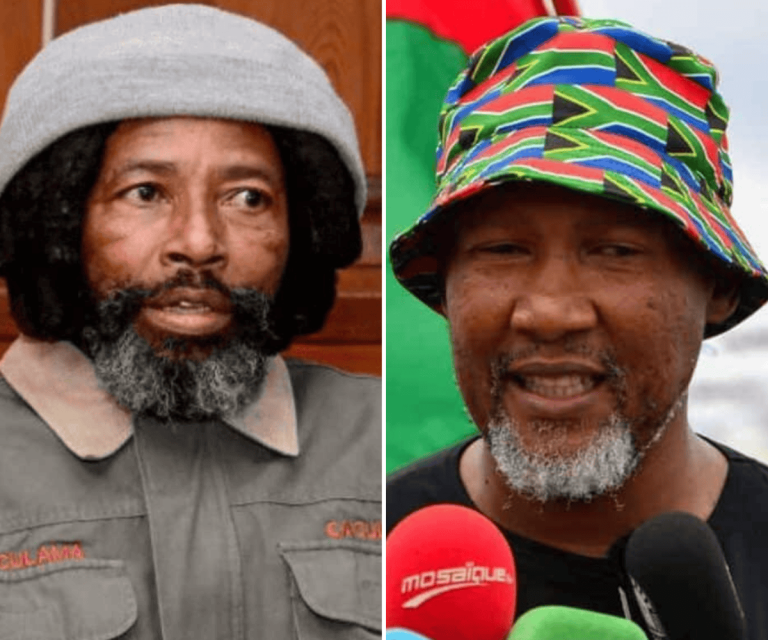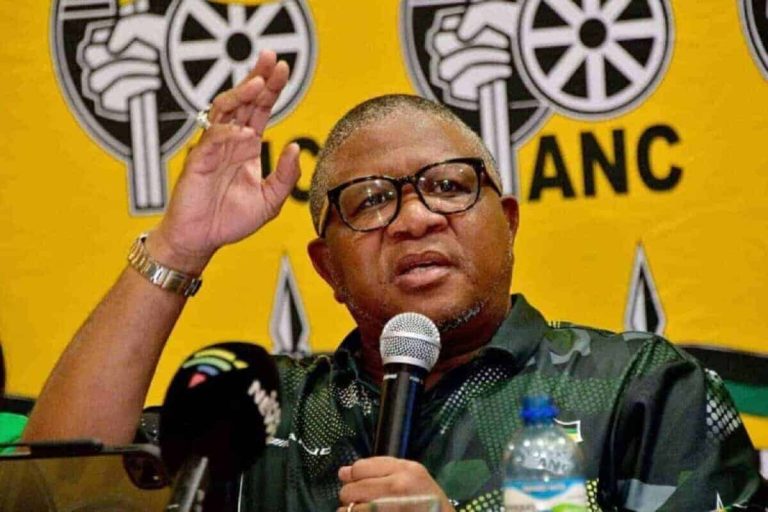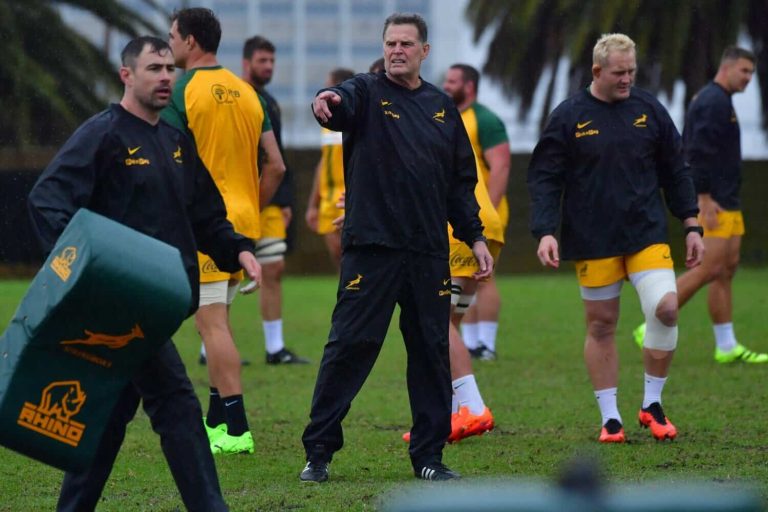

Current affairs analyst and Professor of Communications at Baze University, Abuja, Professor Abiodun Adeniyi says the Peoples Democratic Party (PDP) is facing one of the gravest breakdowns in its history. Factional battles, court injunctions, and failed reconciliation efforts now threaten to derail Saturday’s planned national convention in Ibadan.
In an interview with ARISE News on Friday, Professor Adeniyi said the crisis is neither sudden nor superficial and warned it will not be resolved “in the next few months or even years” unless major sacrifices are made, as analysts examined the escalating political and institutional tensions shaping the week.
Prof Adeniyi said the party’s troubles have been festering for years due to unresolved disputes and missed opportunities for internal reconciliation.
“The problem of the PDP didn’t just start; it’s not a short-term matter. It is something that started perhaps three years ago, and from that time it has been in sixes and sevens — one day one trouble, another week another kind of trouble.”
He argued that the party’s failure to mend internal fractures created room for judicial intervention.
“If the party hierarchy had been able to resolve their crisis through consensus and appropriate reconciliation, there wouldn’t have been any need to resort to the judiciary. The world now knows the judiciary has never been able to intervene effectively in any party differences, and that is what we are seeing snowballing today.”
Adeniyi warned that the PDP may remain unstable for a prolonged period.
“If they have to resolve their crisis, I do not see their path to peace coming up in the next few months or even years. They’ve got to get back to the roundtable, irrespective of the many egos that will have to be bruised in the process.”
He said meaningful reconciliation is possible only if leaders on all sides are willing to sacrifice.
“There has to be sacrifice at the level of pride and prestige — a process of give and take so that there can be complete reconciliation, whereby they can probably become a potent opposition again.”
But for now, he stressed, that future remains unlikely:
“In the circumstances we are in, I don’t see them becoming a strong opposition in the near future.”
Commenting on the viral standoff between FCT Minister Nyesom Wike and a naval officer in Abuja, Prof Adeniyi said both parties committed errors in judgement.
“What is implicated in that bust-up is actually a breach of process, a breach of civility. There should have been some temperance on the part of the minister, who could have called his peers to avoid directly confronting someone far junior.”
He added that while the naval officer may have been obeying orders, that order was wrong.
“He was probably carrying out an order, but in a civil environment the police not the military should have been in action. On both sides, there were wrongs.”
Adeniyi, however, noted that tensions were ultimately diffused:
“The gratifying thing is that the minister seems to have been slightly contrite, and we have had explanations from the military hierarchy. But going forward, we must be mindful of civil relations to avoid complicating processes.”
Adeniyi dismissed concerns that a factual slip by British broadcaster Piers Morgan referring to “Chibok boys” instead of girls amounted to meaningful bias.
“The Minister of Foreign Affairs should not be bothered. It is simply an exchange between the two of them, and the audience should be the ultimate judge.”
He emphasised that the minister must trust the process, having agreed to the interview.
“He had some level of trust in that interview, and that is why he went before him. Having said that, there is no need to panic. Let the audience judge,”Adeniyi concluded.
Boluwatife Enome



